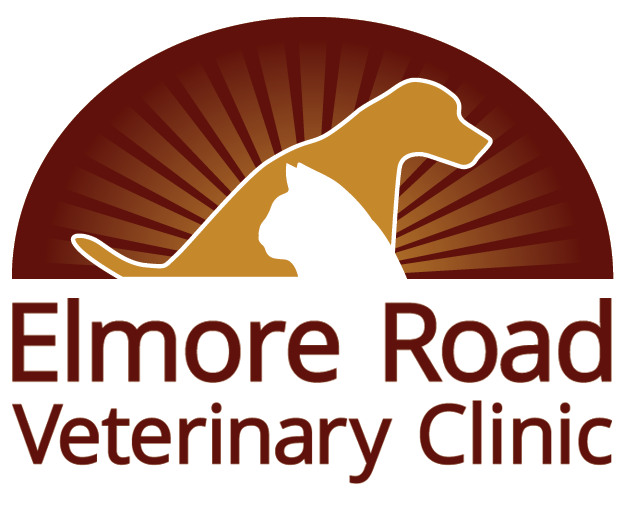Demystifying the Rumors About Pets and Immunizations
Many pet owners do not understand why their pets need to be vaccinated, although vaccines are essential for a pet’s good health. Vaccinated pets develop immunity and are protected against specific life-threatening, contagious diseases. When up-to-date on vaccinations, pets are highly unlikely to contract the diseases they’ve been vaccinated against, which helps to improve and extend their lives. In the rare instance that a vaccinated pet is exposed to a harmful virus and does become ill, being vaccinated will help reduce illness severity. Vaccinating also reduces the risk of diseases being spread to other pets and people.
Many pet owners hear or read misinformation and resist vaccinating their pets. The Elmore Road Veterinary Clinic team wants to provide the facts you need to protect your pet. Here, we debunk some common myths about vaccines, and recommend what your pet really needs.
Myth #1: All vaccines are required annually
Some, but not all, vaccines require annual booster shots to stay current. Vaccines are divided into two categories—core and non-core. The former are considered necessary, depending on the risk exposure in your geographical location, while the need for the latter is dictated by your pet’s lifestyle.
Core vaccines include rabies, canine parvovirus, canine hepatitis, and canine distemper for dogs, and rabies, feline calicivirus, feline herpesvirus type I, and feline distemper for cats. These are all serious, life-threatening diseases—particularly rabies, which can affect humans. According to the Board of Mississippi Animal Health regulations, dogs and cats over the age of 3 months must be vaccinated against rabies.
Non-core vaccines include leptospirosis, Bordetella, canine influenza, and coronavirus for dogs, and chlamydia, feline leukemia, feline immunodeficiency virus, and feline infectious peritonitis for cats. You should talk with our team about the appropriate vaccines for your pet and her lifestyle; for example, if your dog travels with you, stays at boarding facilities, or frequently exercises outdoors, our team will likely recommend that she be vaccinated against highly contagious diseases such as canine influenza.
Myth #2: My pet seldom leaves the house, so she doesn’t need vaccines
Any pet is at risk of catching a viral or bacterial disease, no matter her lifestyle. Diseases can be transmitted through the air, and by direct or indirect contact. Indoor dogs who only go outside to urinate are at risk of exposure to diseases from the wildlife in the backyard. Indoor cats can be exposed to diseases if wildlife inadvertently enters your home, or by indirect contact with clothing you wore outside.
Myth #3: Veterinarians over-vaccinate
One common perception is that veterinarians vaccinate pets too frequently. At Elmore Road Veterinary Clinic, we strictly follow a vaccination schedule that allows the optimal time your pet’s immune system needs to build resistance against particular diseases. A pet’s immune system needs time to develop antibodies against viruses, and the antigens in a vaccine are dosed delicately so the immune system will take action but the body is not overloaded.
Puppies and kittens first get protective antibodies from their mother’s milk, and will begin developing immunity, but once weaned, they gradually lose their mother’s antibodies and require vaccinations before they become vulnerable to diseases. The first vaccine administered to a young pet primes the immune system, and boosters keep the system stimulated and effective. The frequency of the booster shots depends on the vaccine.

Myth #4: Smaller pets get smaller doses
Most veterinary drug doses are calculated based on a pet’s weight, but this is not the case for vaccines. Vaccines need to enter the bloodstream and circulate through the body to engage the immune system, and the pet’s size does not affect the required dose.
Are your pet’s vaccines up-to-date? Our veterinary team can recommend the vaccines and the schedule your pet requires, based on her health and lifestyle. Give us a call at 662-253-0274 to ensure she has the protection she needs.

